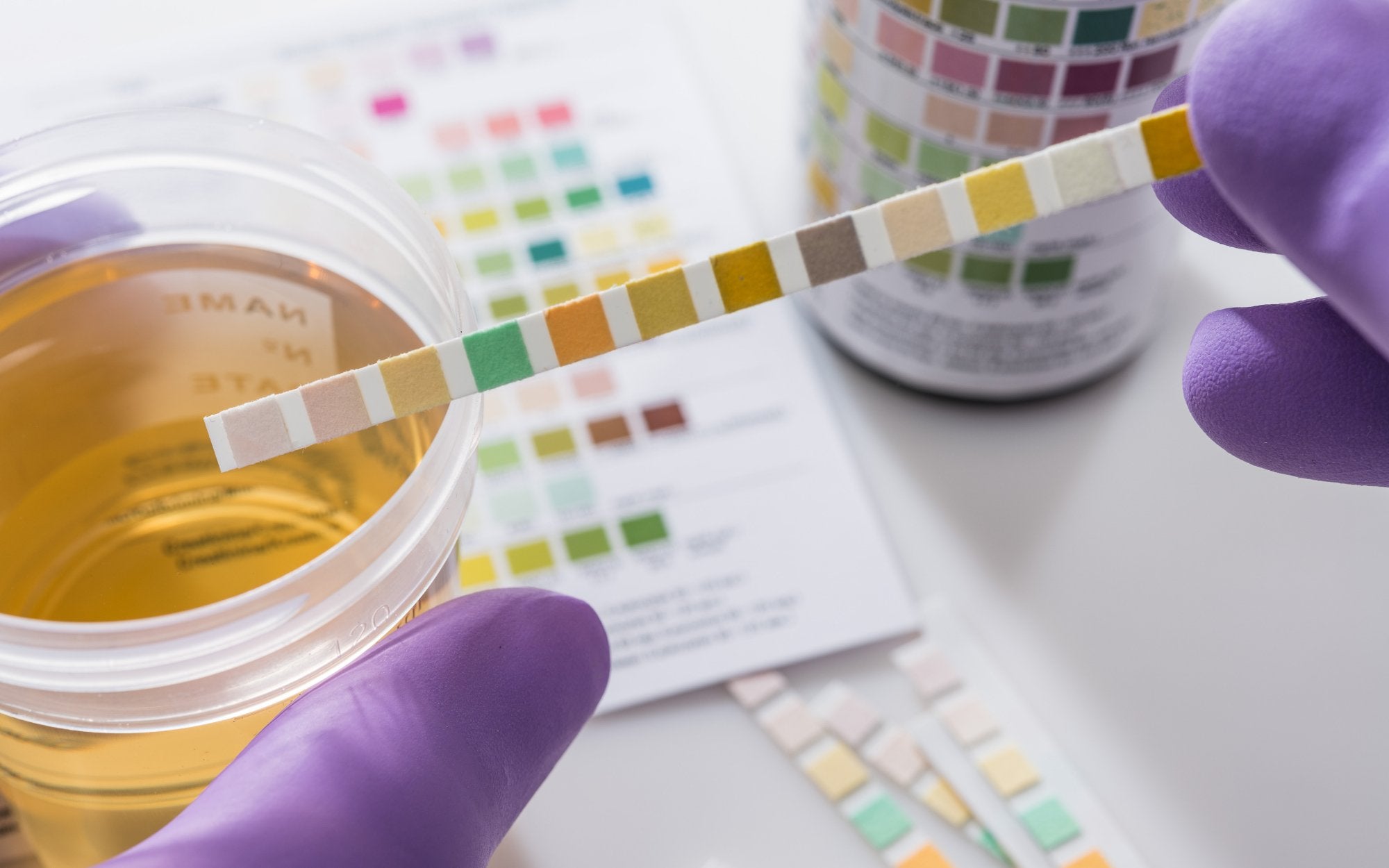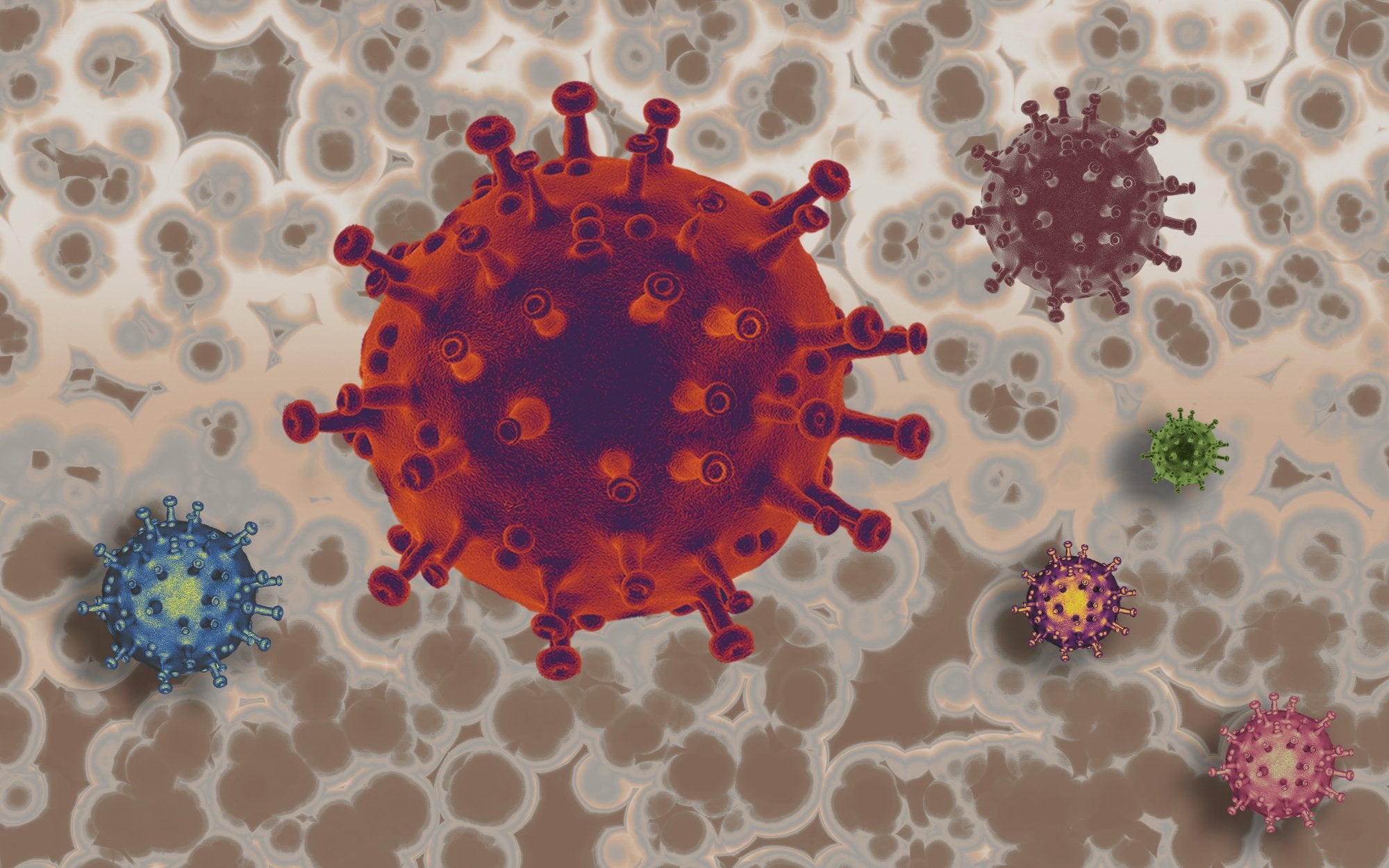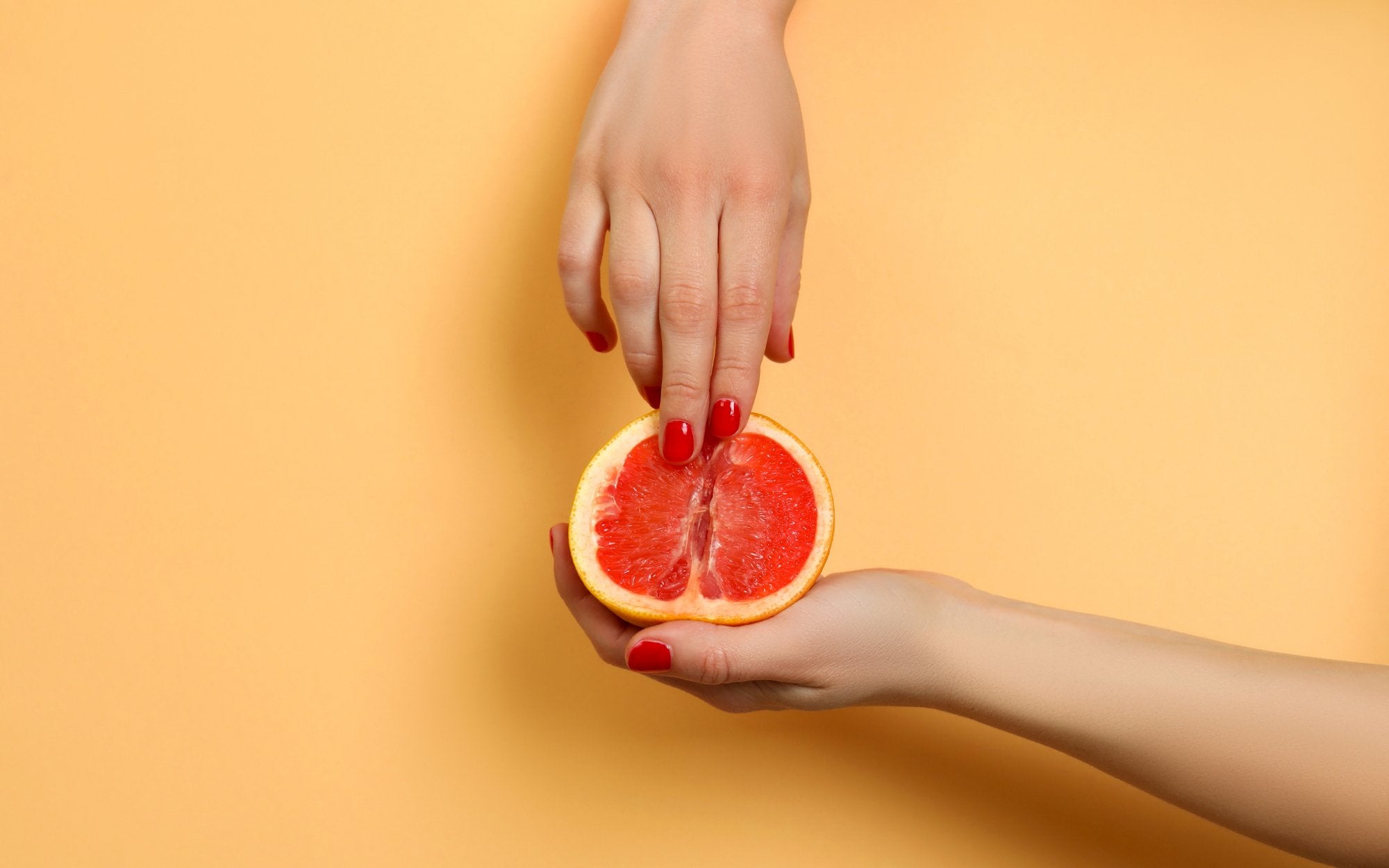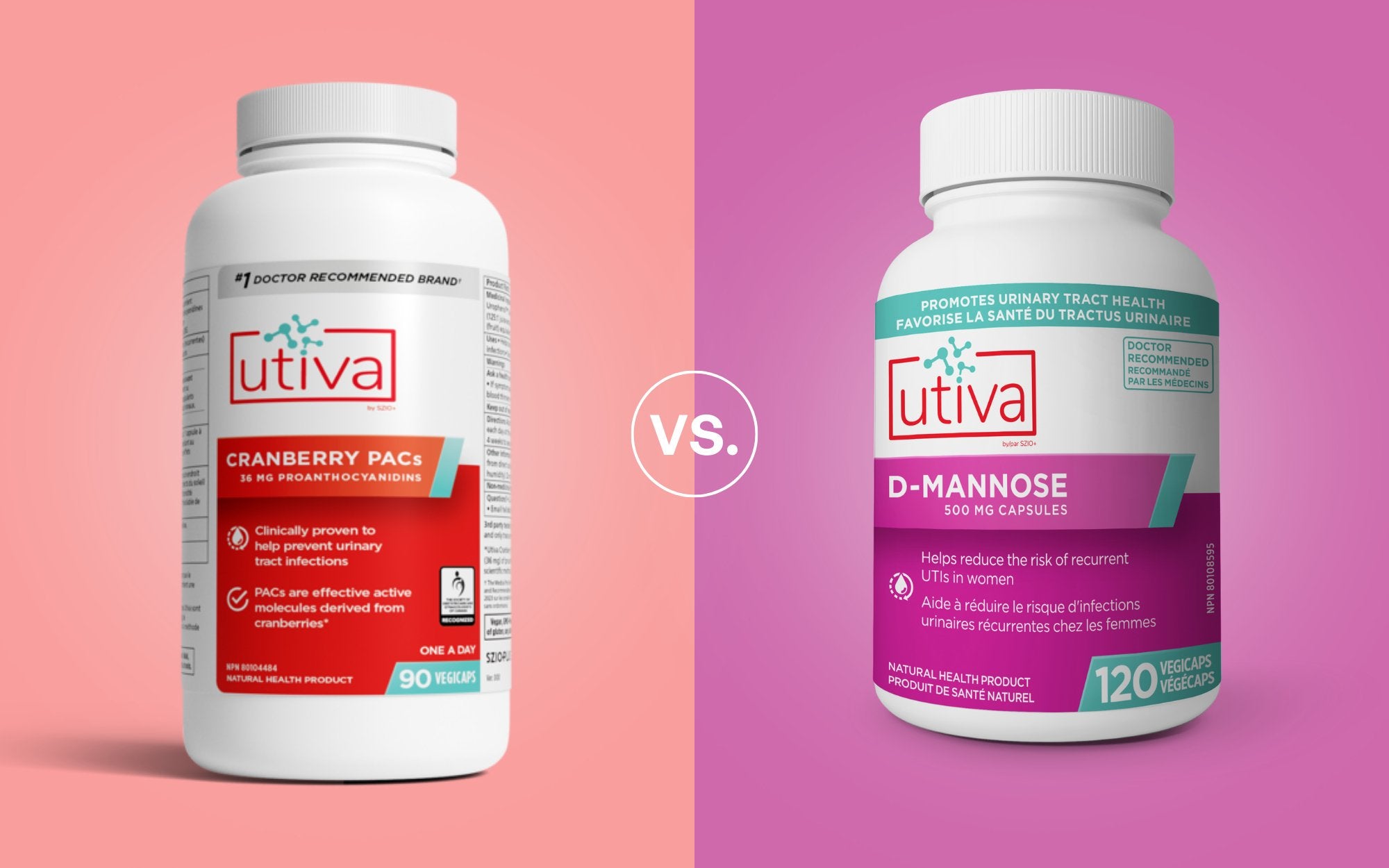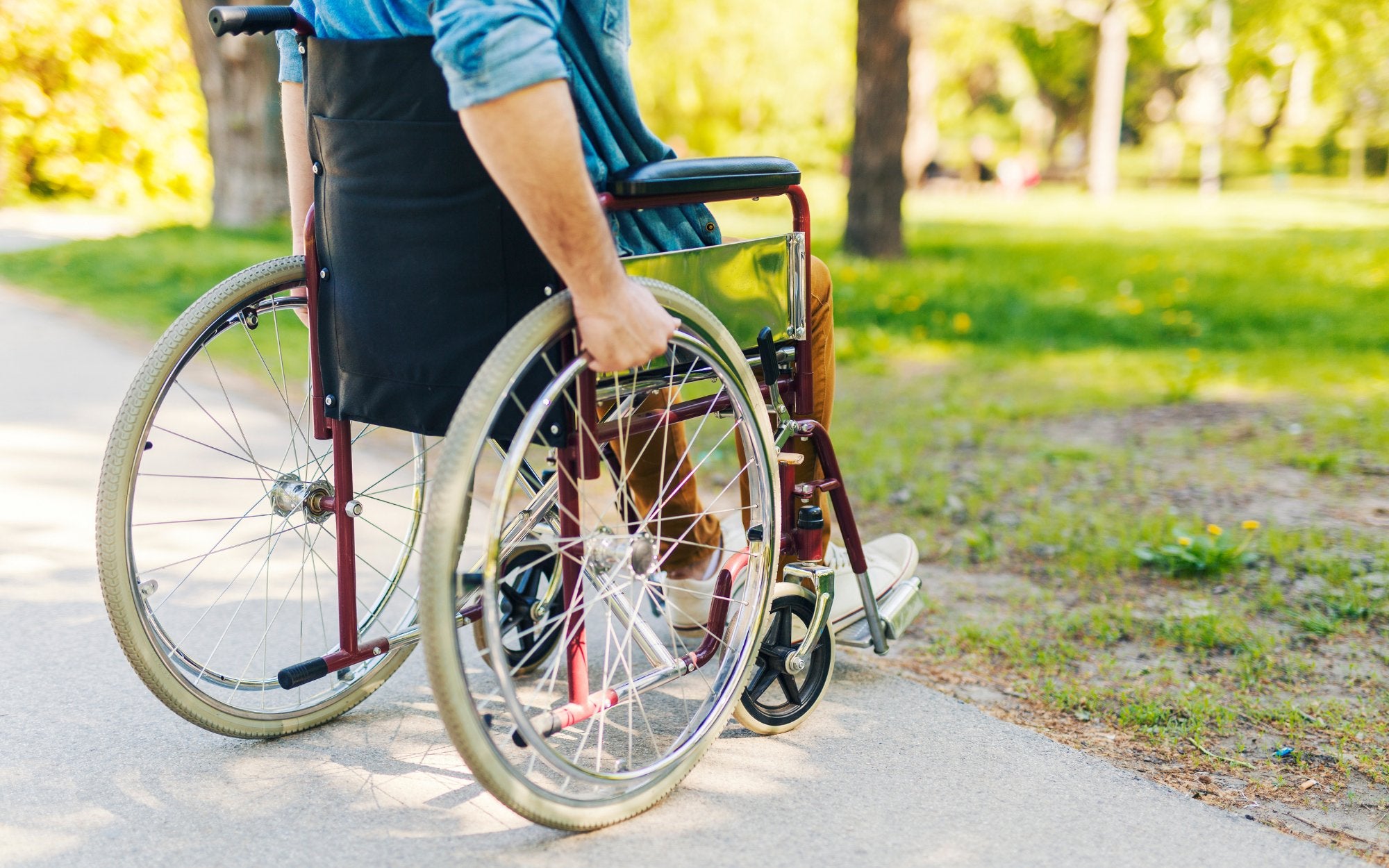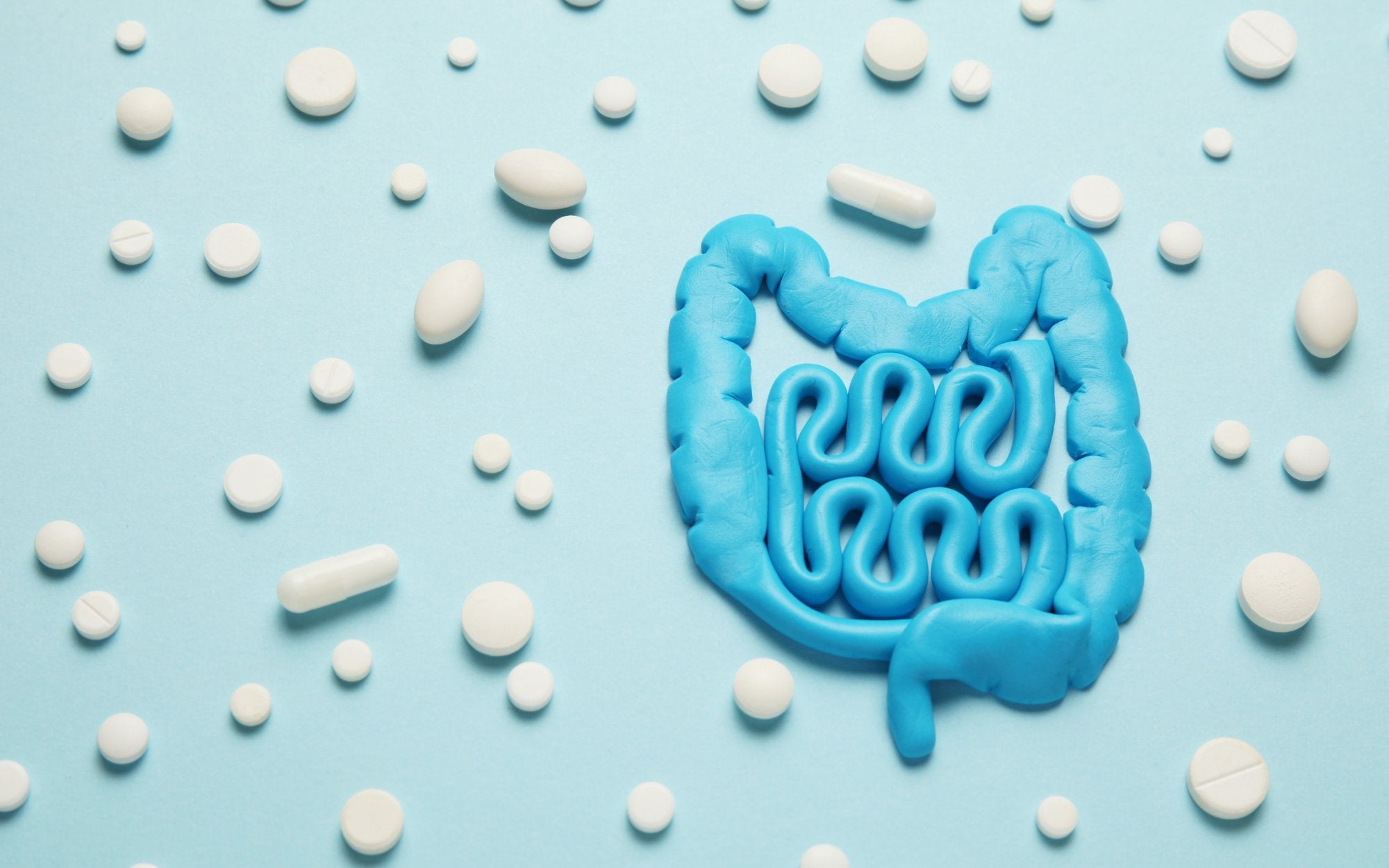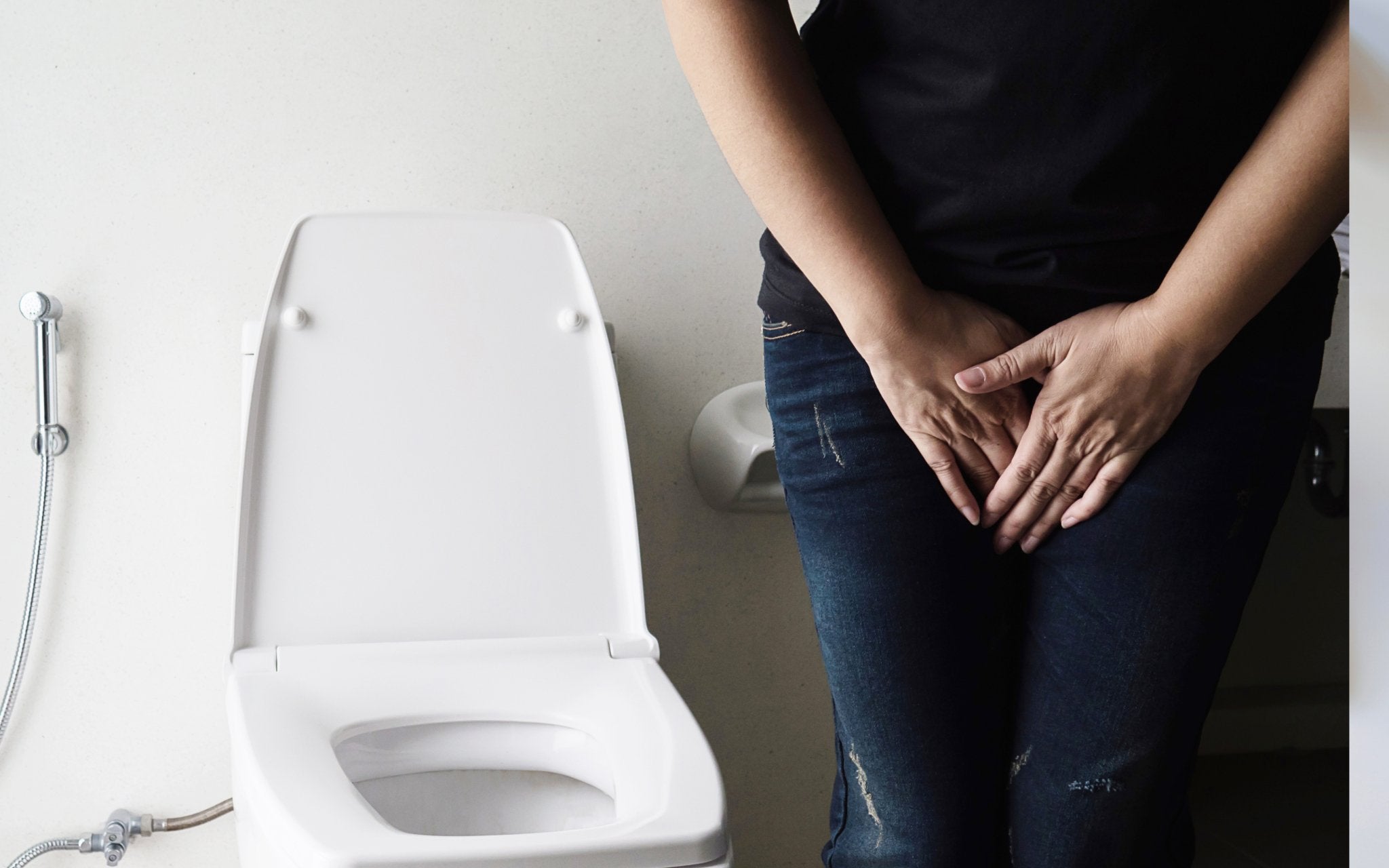
Frequently Asked Questions
Learn MoreWhat are the most common UTI-related questions a urologist gets?
UTIs are very distressing and tend to really impact one’s quality of life. Some patients develop recurrent urinary tract infections and that’s generally when they get referred to a urologist. Doctor Yana Barbalat answers the most common UTI-related questions she gets.
Are UTIs more common as we age?
UTIs tend to peak at two time periods in a woman’s life. Typically, between the ages of 18 and 30, and again after the age of 60. In men, UTIs are uncommon until after the age of 60. Let's break it down to better understand why we're more prone to UTIs as we age.
What’s the most effective UTI test?
The first step to treating a UTI is testing it. Here’s everything you need to know about UTI testing — and how accurate results make all the difference.
How to talk to your partner about UTIs
Communication is key in any relationship, and the same goes for talking about your UTI struggles. Here’s how to chat about UTIs with your partner and what they can do to support you best.
What is an Embedded UTI?
You may be familiar with recurrent UTIs, but do you know what an embedded UTI is? Although not a medical term, an embedded UTI is from a persistent source of infection and will often come back after the use of antibiotics to reinfect the urine.
Summertime UTIs: Are we more prone to UTIs in hot weather?
Our top tips and prevention techniques to stop summer UTIs before they start — from keeping your bikini dry to upgrading your daily supplements.
My Painful Vulva: My Chronic Vulvar Pain Journey
My vaginal pain began 3 years ago, with a throbbing and burning pain originally isolated to during and after intercourse. That pain quickly escalated to every-day soreness, itchiness, and shooting pains up my vaginal walls.
Does Getting a UTI Mean I Have Poor Hygiene Practices?
Can poor hygiene practices be the cause of my UTIs? Board Certified Urologist Dr. Yana Barbalat answers this question.
Team 36 mg PACs or Team D-mannose?
Wondering what prevention method to take for your UTIs? So much is said about D-mannose and cranberry PACs. Board Certified Urologist Doctor Dana Rice breaks down the pros and cons of each supplement.
Is Being Prone to UTIs Hereditary?
Struggling with recurrent UTIs? It might be your genetics. Here’s how hereditary frequent UTIs work and what you can do to prevent them.
Spinal Cord Injuries & UTIs: Your Guide to Preventing UTIs
From bladder problems to catheters, here’s everything you need to know about spinal cord injuries and UTIs - including how to prevent them.
Stress impacting your sleep? Tips to help sleep more & stress less
Tired of stressed-out sleepless nights? Follow these tips to stay relaxed, improve your sleep, and steer clear of health issues like UTIs.
"It Felt Like a Knife Was Stabbing My Bladder”: The Reality of Chronic UTIs and MS
After being diagnosed with multiple sclerosis, Alaina’s health was still relatively stable. That is until chronic UTIs and MS bladder issues kept her bedridden for over six months.
Probiotics 101: How to boost gut health and manage your UTIs
Ready to break the antibiotics cycle? Here’s how probiotics can improve your gut health and prevent urinary tract infections. Plus, the best probiotic for UTI treatment.
UTIs in Men: It’s More Common Than You Think
12% of all men will have at least one UTI in their lifetime. From causes to treatment and long-term prevention, here’s everything you need to know about UTIs in men.
Managing Urinary Health Through Pelvic Floor Physical Therapy
Is it a UTI or pelvic floor dysfunction? From symptoms to causes to treatment, we’re breaking down PFD and how pelvic floor physical therapy can help prevent UTIs.
Everything You Need to Know About UTIs During Menopause
Tired of battling with menopausal UTIs? From hormonal throws to bladder woes, here is everything you need to know about how to prevent UTIs during menopause.
8 Possible Reasons Why You Keep Getting Urinary Tract Infections
Wondering why you get more UTIs than your friends? Here’s why, plus how to prevent frequent UTIs in the long run.
Listen Up Ladies: 9 Things Every Woman Should Know About UTIs
About 60% of all women will experience a UTI in their life. With those odds, it’s essential to know where UTIs in women come from and how you can stop them.
“I Was Exceptionally Lucky”: The Real-Life Dangers of Silent UTIs
At age 74, Kathy thought she knew everything about UTIs. That was until a silent UTI resulted in her own near-death experience.
The Top 6 Non-Sex Causes of UTIs
You can get a UTI from sex, but that’s not the only way. Here are 6 of the most common causes of UTIs outside of the bedroom.
UTIs in Kids: How to Detect It, Talk About It & Treat It
What are the signs of UTIs in kids? Here’s everything you need to know about UTI symptoms in children, treatment, and - most of all - prevention.
Sex and UTIs: How to Master Your UTI-Free Sex Life
Sex is one of the most common causes of urinary tract infections, especially for women. Tired of constantly getting UTIs from sex? Here are our top tips and tricks for a UTI-free sex life, backed by doctors.
When your period and UTI hits at the same time
It’s that time of the month again. Aunt Flo has come to town and along with her another unfortunate visitor, a UTI. Why is it that these two unwelcome guests tend to arrive at the same time?





